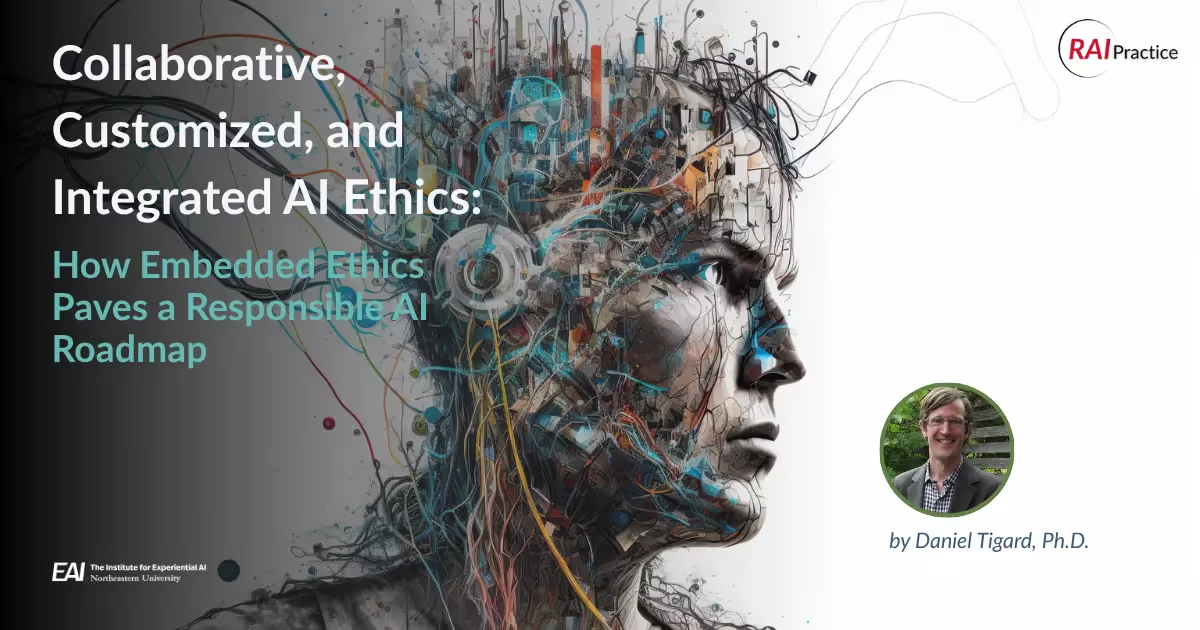As artificial intelligence transforms gaming, Northeastern researchers urge industry to adopt responsible AI practices

Despite recent economic headwinds, the video game industry continues to be one of entertainment’s most profitable businesses.
And that isn’t an accident; game studios are spending hundreds of millions of dollars to make their games bigger and more immersive to entice both new and longtime players.
Graphics are edging closer into uncanny valley territory and companies like Meta and Sony continue to blur the lines between the physical and digital worlds with their mixed reality headsets and other sensing technologies.
Artificial intelligence, meanwhile, has been hailed as the next big thing in technology, and video game makers are using it for a myriad of processes, including programming non-playable characters, creating procedurally generated levels, moderating game chat logs and customizing and personalizing in-game experiences.
For sure, the industry is operating on the cutting edge, but an often neglected aspect is the ethical challenges that developers have to contend with when using these technologies to make their games.
There are important discussions to be had around data privacy, biased algorithms, and enticing game loops made more addicting with the assistance of AI.
So as AI continues to take on a bigger role in game development, how should game makers use it more responsibly?
.avif)
Researchers at Northeastern University address that question head on in a recently published ACM piece, suggesting that the tools and frameworks being developed for the emerging field of responsible AI should be adopted by the gaming industry.
“It’s obvious that the gaming industry is moving toward a different level of risk with AI, but the ethics aspect is lagging behind,” says Cansu Canca, director of Responsible AI Practice at the Institute for Experiential AI and one of the authors of the research.
“There is a concern coming from game designers that without appropriate ethics guidance, they don’t know how to navigate these complex and novel ethical questions,” she adds.
Other authors on the piece include Northeastern researchers Annika Marie Schoene and Laura Haaber Ihle.
---


.avif)

